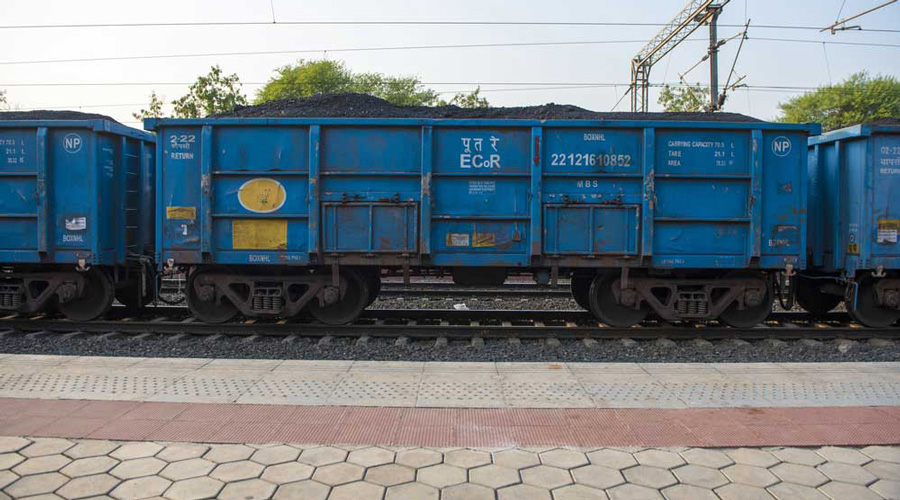Wagon manufacturers want the government to intervene after primary steel producers raised prices by at least Rs 1,000-1,500 per tonne despite the Centre lowering the import duty on various steel products in the Union budget.
Steel is a major raw material to make wagons. High input costs have prompted a few manufacturers to cut back on production and scale up later once prices start going south.
While certain contracts of Indian Railways with wagon makers have price variation clauses, these do not cover short-term fluctuations in prices. Moreover, non-government contracts and export orders which are highly competitive may not always have such clauses. As a result, a spike in steel prices directly impacts wagon manufacturing.
Officials of city-based wagon manufacturers said they were carefully evaluating tender participation and were hesitant to enter into fixed price contracts. “This frequency of price rise of stainless steel coils and plates is affecting the industry. Steel plants are not in favour of long-term supply contracts,” an official said.
“The situation is extremely alarming. The intention of the government to correct the situation is visible in the budget. We are hopeful that the government will step in and address the problem,” said Umesh Chowdhary, vice-chairman and managing director, Titagarh Wagons.
“Secondary market prices have softened a bit, but primarily market prices are still firm,” said A.K. Vijay, executive director, Texmaco Rail & Engineering Ltd.
At the union budget, customs duty was reduced to 7.5 per cent on certain categories of steel products. Further, anti dumping duty and countervailing duty on certain steel products have also been revoked. But the impact of the move is likely to be limited unless international prices come down.











